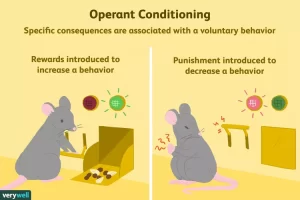The Reason Why To Work With Species K9
Here at Species K9 we use science and psychology to understand dog behavior and how dogs learn—understanding Ethology, Classical Conditioning, and Operant Conditioning. We use a foundation of training to build upon each layer of training to gain full obedience.
We take a whole dog approach to training. We look at what is natural for the dog breed, and what was the original intent of a behavior from the dog. At Species K9 we address underlying issues behind negative behaviors, we do not simply suppress them.
We have a comprehensive understanding of aggression. Not all aggression is the same, nor is it addressed the same way. Researchers such as Rudolph Schenkel and David Mech gave us the blueprint for canine aggression by studying wolves in captivity and the wild; remember your dog shares 99% of its DNA with the wild wolf. Your dog does the same behavior/body language as the wild wolf.
We teach you how to handle your dog and the leash to keep you and your dog safe.
We offer online, in-person, and private training.
The History of Operant Conditioning
Operant conditioning was first described by behaviorist B.F. Skinner, which is why you may occasionally hear it referred to as Skinnerian conditioning.1 As a behaviorist, Skinner believed that it was not really necessary to look at internal thoughts and motivations in order to explain behavior. Instead, he suggested, we should look only at the external, observable causes of human behavior.
Early behaviorists focused their interests on associative learning. Skinner was more interested in how the consequences of people’s actions influenced their behavior.

